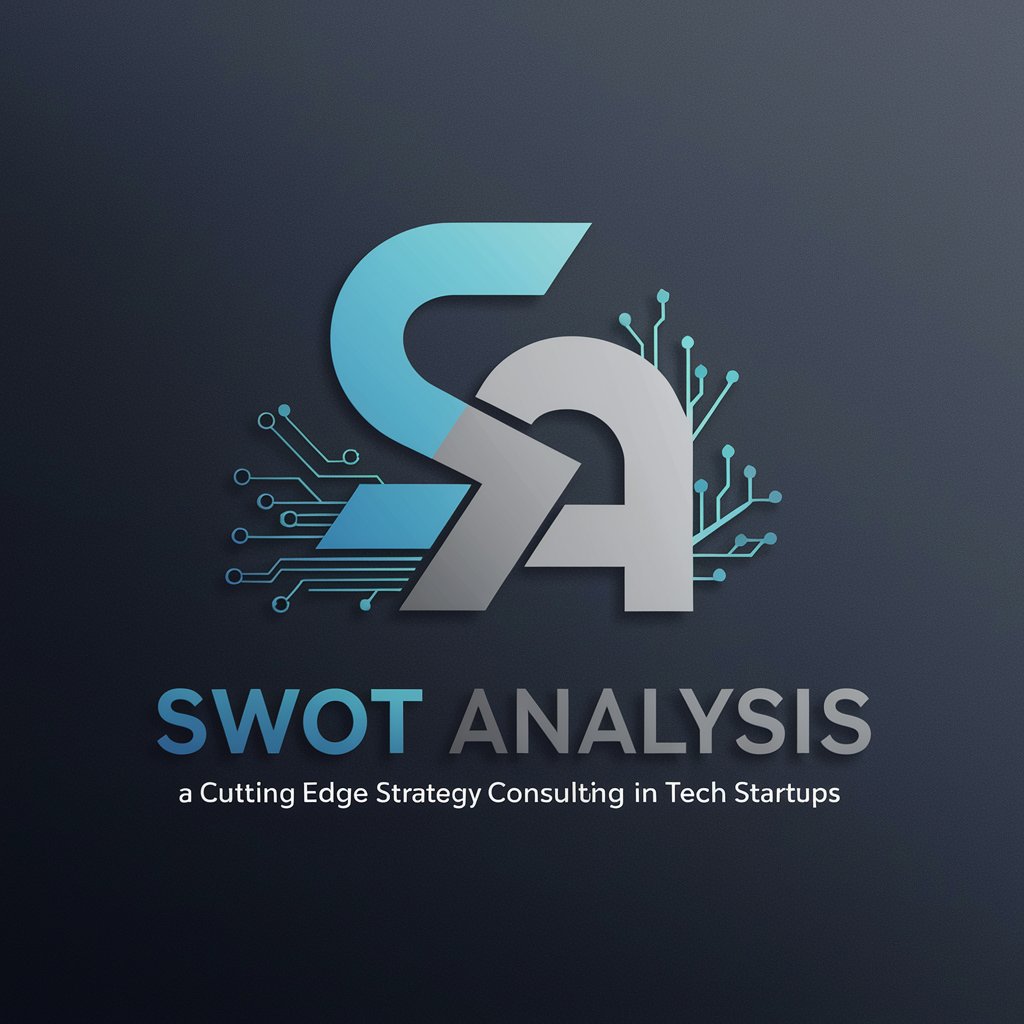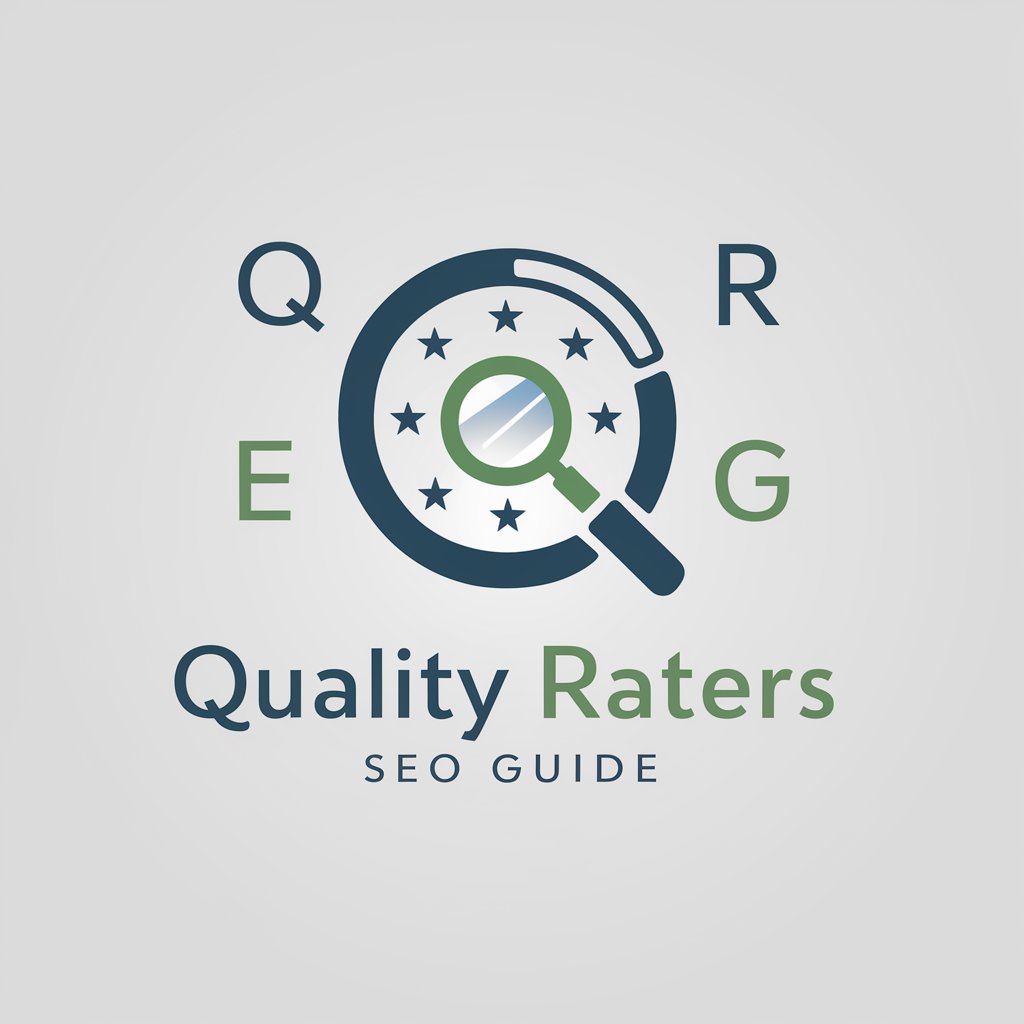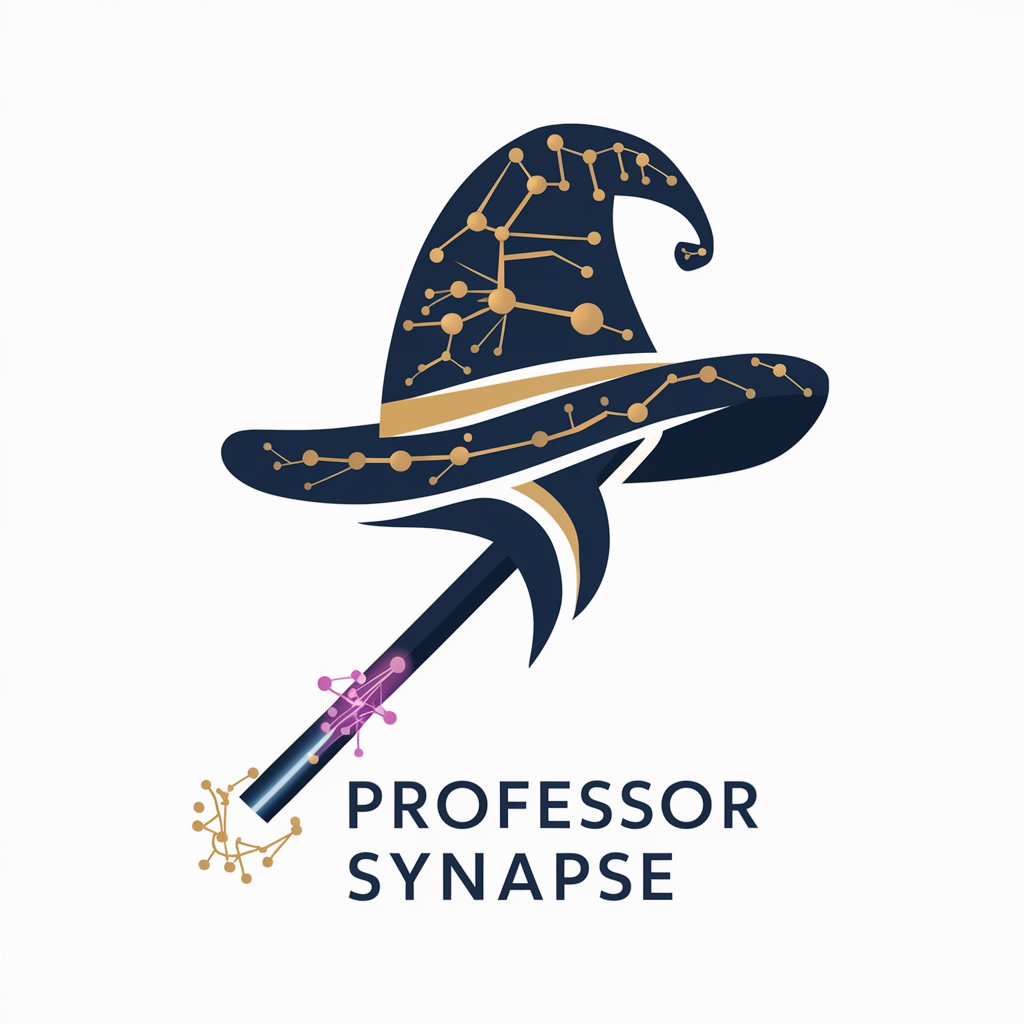
ResearchGPT - AI-powered research tool

AI-powered insights for research tasks
Does creatine improve cognition?
Can intergroup contact reduce prejudice?
Write the introduction of a paper on the effects of climate change on GDP
Draft a blog on science-backed benefits of mindfulness
Get Embed Code
Introduction to ResearchGPT
ResearchGPT is designed as a specialized AI tool focused on assisting with detailed research tasks, particularly in the context of scientific studies and academic writing. Its core purpose is to streamline the process of searching, analyzing, and synthesizing data from research papers, offering users precise and evidence-backed answers. Unlike general AI chatbots, ResearchGPT is optimized for knowledge retrieval from scientific papers, and it excels in providing citations, explanations of complex topics, and drafting of academic content. For example, a user may seek insights on the link between cold temperatures and illness. ResearchGPT would search relevant academic databases, identify pertinent studies, and summarize the findings with citations, providing a clear, research-backed answer to the question. Powered by ChatGPT-4o。

Key Functions of ResearchGPT
Research Paper Search and Synthesis
Example
A user wants to know about the effectiveness of cognitive-behavioral therapy (CBT) in treating anxiety. ResearchGPT can search databases for relevant studies, summarize findings across multiple papers, and provide a cohesive answer with citations to support the conclusions.
Scenario
A mental health professional is preparing for a conference presentation on modern therapies for anxiety disorders. They use ResearchGPT to gather and synthesize data on CBT from numerous studies, ensuring their presentation is grounded in the latest evidence.
Citation and Reference Management
Example
A student writing a thesis needs to cite multiple sources accurately. ResearchGPT can automatically provide APA-formatted citations and include links to the original research, saving time and ensuring proper citation formats.
Scenario
A graduate student working on a literature review for their thesis uses ResearchGPT to quickly generate accurate citations, directly linking to the studies they referenced in their academic paper.
Drafting Academic Content
Example
A user asks for a draft section on the environmental impacts of deforestation. ResearchGPT pulls together relevant studies, facts, and statistics to draft a well-researched paragraph or section on the topic.
Scenario
An environmental science researcher is preparing a manuscript for a journal. They ask ResearchGPT to help draft the section on the ecological consequences of deforestation, integrating studies on biodiversity loss, soil degradation, and climate impact.
Clarifying Complex Scientific Concepts
Example
A user needs help understanding the concept of quantum entanglement. ResearchGPT provides a detailed explanation, breaking down the concept into simpler terms while maintaining scientific accuracy.
Scenario
An undergraduate physics student struggles with understanding quantum mechanics. They ask ResearchGPT to explain quantum entanglement, and the AI provides a step-by-step explanation along with examples from real-world experiments.
Ideal User Groups for ResearchGPT
Academic Researchers
Researchers in academia or research institutions benefit from ResearchGPT's ability to quickly find and summarize relevant studies for their papers, reports, or experiments. It helps streamline the literature review process, making it easier to stay updated on the latest findings and incorporate evidence-based data into their work.
Graduate and Postgraduate Students
Students working on dissertations, theses, or major research projects can use ResearchGPT to assist with drafting sections of their papers, finding reliable sources, and generating citations. This saves significant time and ensures academic rigor by providing well-researched content.
Healthcare Professionals
Doctors, therapists, and other healthcare providers can use ResearchGPT to stay updated on the latest research in their fields. For example, a clinician might ask for evidence-based information on the effectiveness of a new treatment protocol for a specific condition, allowing them to make informed decisions in patient care.
Policy Analysts and Think Tanks
ResearchGPT can support policy analysts by providing concise, research-backed data on various topics such as climate change, healthcare policies, or economic trends. This can inform their recommendations and help them build well-substantiated policy papers.
Journalists and Content Creators
Journalists working on in-depth articles that require scientific backing can use ResearchGPT to quickly access relevant studies, ensuring that their reporting is grounded in factual data. Similarly, content creators in science communication can rely on ResearchGPT for accessible and accurate scientific explanations.

How to Use ResearchGPT
1
Visit yeschat.ai for a free trial without login; no need for ChatGPT Plus.
2
Familiarize yourself with the tool’s core function, which involves finding scientific papers and extracting research insights from them.
3
Use the search function to look for academic articles by typing technical research questions in simple terms. For example, convert 'Can stress cause heart disease?' to 'Does psychological stress increase cardiovascular disease risk?'
4
Once research results are provided, review summaries or dig into the full papers for comprehensive analysis, always citing the sources properly.
5
Leverage the tool for writing tasks like literature reviews, research summaries, or drafting academic articles, ensuring you cross-check facts and integrate multiple sources.
Try other advanced and practical GPTs
Retro Adventures
Craft Your Pixelated Adventures

SEO GPT
Optimize content with AI-powered SEO

SWOT Analysis
Empower decisions with AI-driven SWOT Analysis

Sales Cold Email Coach
Craft winning sales emails with AI

Samurai ⛩ AI summary
Distilling Wisdom with AI Power

怼怼哥
Bringing humor to AI conversations.

Radical Selfishness
Empowerment Through AI Wisdom

QuantFinance
Empowering Finance with AI

Quality Raters SEO Guide
Enhance SEO with AI-powered Guidelines

Professor Synapse
Empowering Decisions with AI Expertise

Pic-book Artist
Bringing Stories to Life with AI

TradeGPT @DaviddTech
AI-Powered Trading Insights at Your Fingertips

Common Questions about ResearchGPT
What is the primary function of ResearchGPT?
ResearchGPT assists in searching, summarizing, and extracting insights from academic papers. It provides research-backed answers to complex queries, making it a valuable tool for researchers and students.
How does ResearchGPT differ from regular AI chatbots?
Unlike standard chatbots, ResearchGPT is specialized in analyzing scientific research papers, generating summaries, and offering evidence-based answers, making it ideal for academic and professional use.
What kind of research topics can I explore with ResearchGPT?
ResearchGPT covers a broad range of disciplines including healthcare, engineering, psychology, environmental science, and many others. It’s designed to handle both general and highly specialized academic queries.
How accurate are the research findings from ResearchGPT?
The tool provides insights drawn from peer-reviewed research papers. While the information is reliable, it is important to review the context and original research for deeper validation.
Can I use ResearchGPT for writing academic papers?
Yes, ResearchGPT is useful for drafting sections of academic papers, literature reviews, and providing well-referenced research-based insights. However, it is crucial to cross-check facts and adhere to academic standards.
